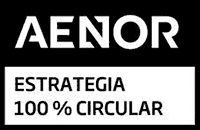What is circular economy?
What is circular economy?
Circular economy is a new production and consumption model that ensures sustainable growth over time. With the circular economy, we can drive the optimization of resources, reduce the consumption of raw materials, and recover waste by recycling or giving it a second life as a new product.
The aim of the circular economy is therefore to make the most of the material resources available to us by applying three basic principles: reduce, reuse and recycle. In this way, the life cycle of products is extended, waste is used and a more efficient and sustainable production model is established over time. The idea arises from imitating nature, where everything has value and everything is used, where waste becomes a new resource. In this way, the balance between progress and sustainability is maintained.

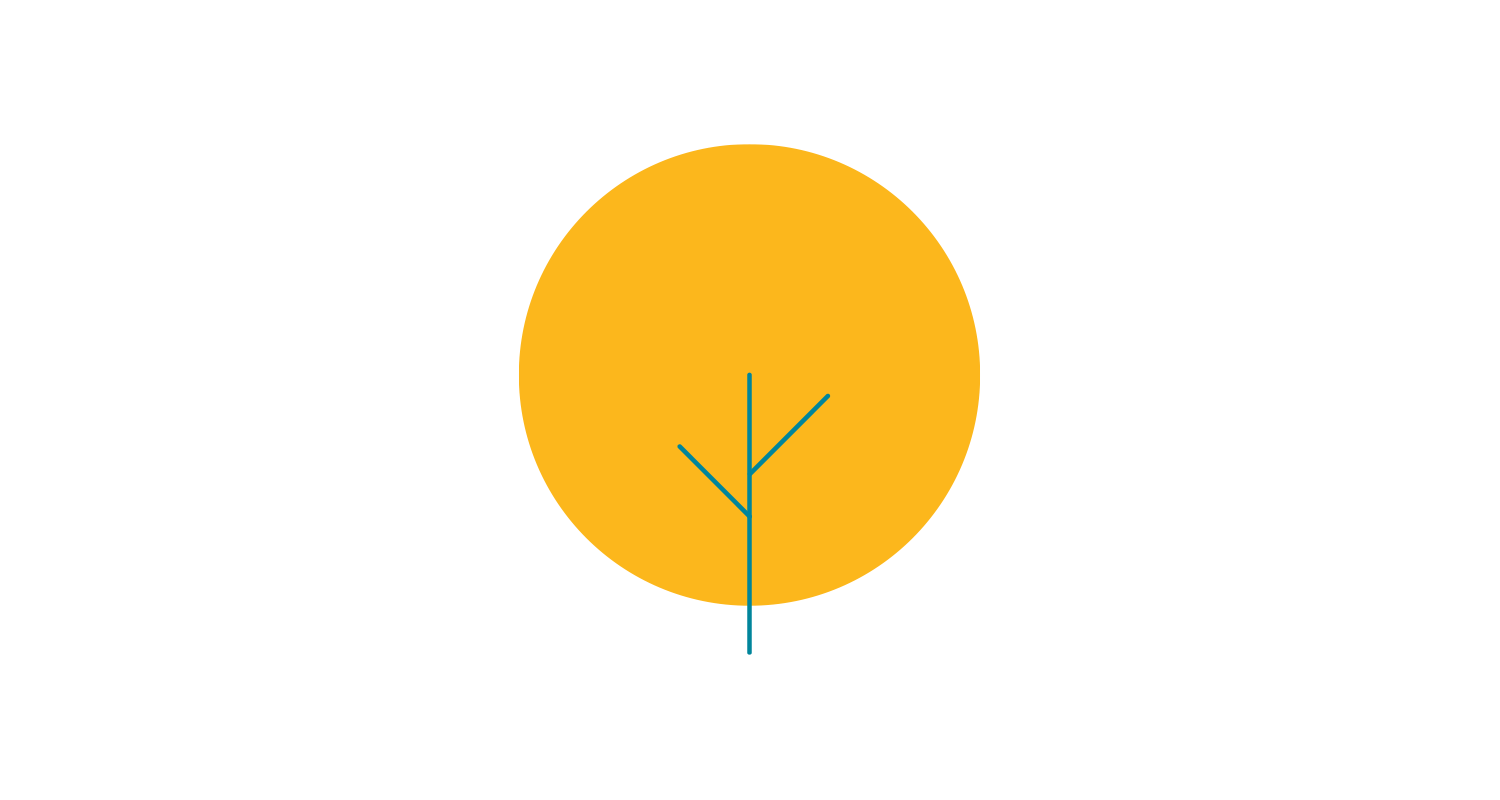
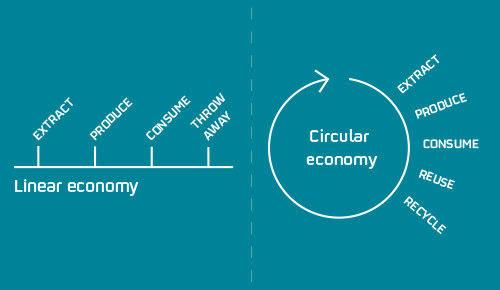





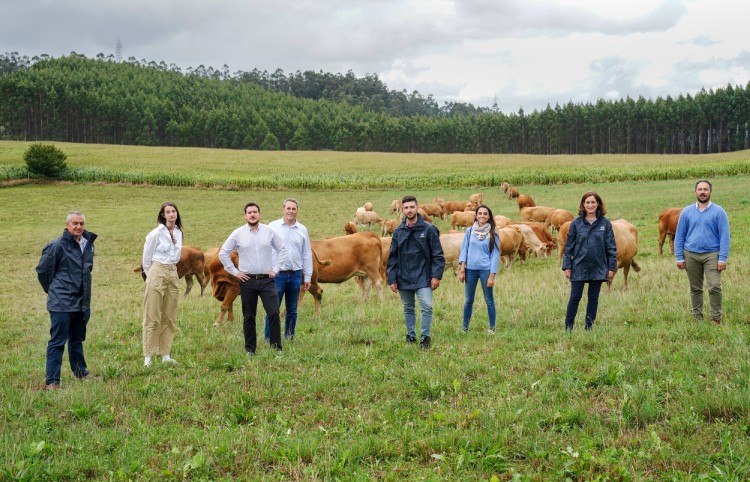


















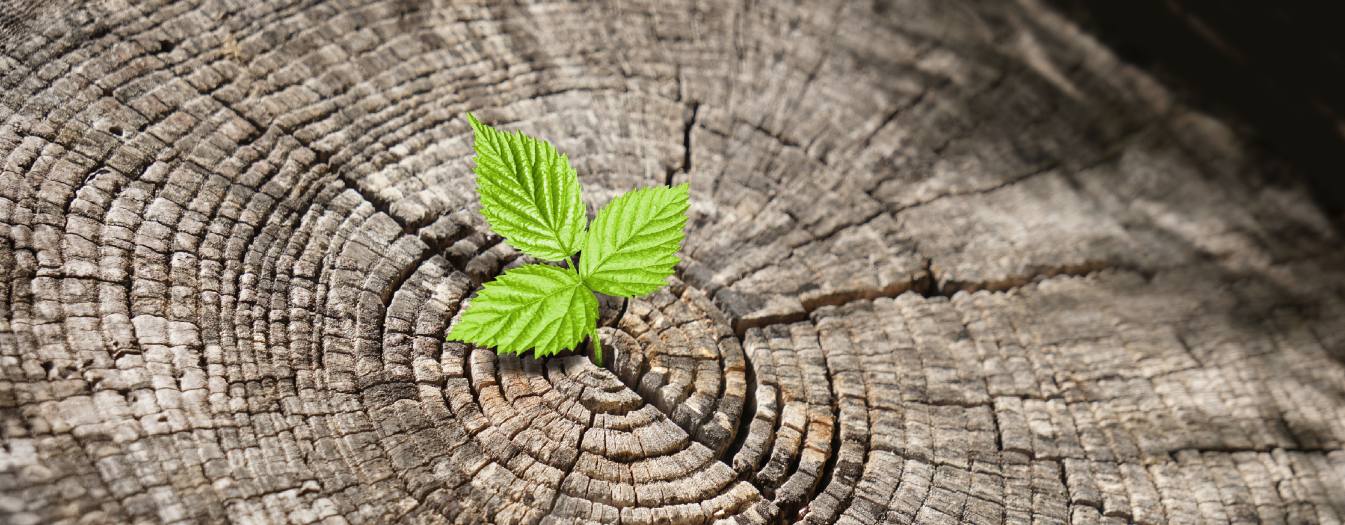
 INTERNAL MILESTONES
INTERNAL MILESTONES EXTERNAL MILESTONES
EXTERNAL MILESTONES